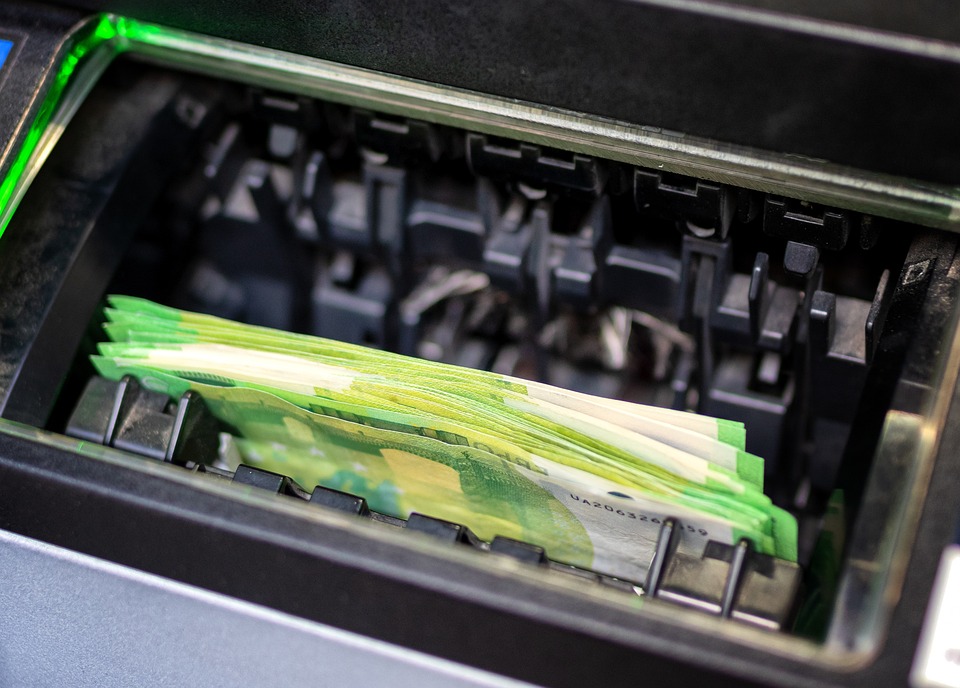Breaking into the world of banking can be a daunting task, especially for entry-level job seekers. With fierce competition and high standards, landing a job in the banking industry can be challenging. However, with the right approach and a few key tips, you can increase your chances of success in securing a job in banking.
1. Build a strong foundation: Before applying for jobs in banking, make sure you have a strong educational background. Many entry-level positions in banking require a bachelor’s degree in finance, business, economics, or a related field. Additionally, consider obtaining certifications or completing relevant courses to demonstrate your commitment to learning and growing in the industry.
2. Network: Networking is crucial in the banking industry. Reach out to professionals in the field, attend industry events and job fairs, and connect with alumni from your college or university who are working in banking. Networking can help you gain valuable insights into the industry, learn about job opportunities, and establish connections that may lead to a job offer.
3. Gain experience: While securing a job in banking may be challenging with little to no experience, there are ways to gain relevant experience. Consider internships, part-time jobs, or volunteer opportunities in the finance industry to build your resume and showcase your skills to potential employers. Additionally, consider taking on leadership roles in student organizations or participating in finance-related projects to demonstrate your capabilities.
4. Develop technical skills: In the banking industry, technical skills are highly valued. Familiarize yourself with key financial concepts, analysis tools, and software programs used in banking. Consider taking online courses or attending workshops to improve your technical skills and stay up-to-date with industry trends.
5. Tailor your resume and cover letter: When applying for jobs in banking, it’s essential to tailor your resume and cover letter to the specific position you’re applying for. Highlight relevant skills, experiences, and achievements that demonstrate your qualifications for the job. Focus on showcasing your passion for finance, attention to detail, and strong analytical abilities.
6. Prepare for interviews: Successful interviews are essential for landing a job in banking. Prepare by researching the company, practicing your answers to common interview questions, and preparing questions to ask the interviewer. Additionally, be prepared to discuss your experiences, skills, and motivations for pursuing a career in banking.
7. Stay persistent: Breaking into banking may take time and effort, so it’s essential to stay persistent and motivated throughout the job search process. Don’t get discouraged by rejection and take feedback as an opportunity to improve and grow. Keep networking, gaining experience, and improving your skills to increase your chances of landing a job in banking.
In conclusion, breaking into banking as an entry-level job seeker can be challenging, but with the right approach and preparation, you can increase your chances of success. By building a strong foundation, networking, gaining experience, developing technical skills, tailoring your resume and cover letter, preparing for interviews, and staying persistent, you can position yourself as a strong candidate for entry-level jobs in the banking industry.
Publisher: Source link











